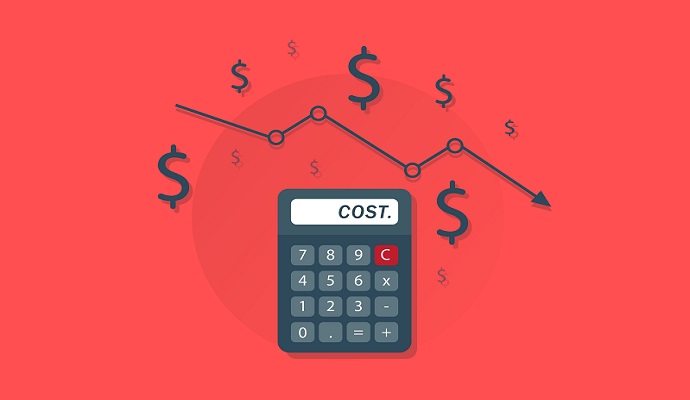One-Third of Providers Believe Payer Audits Are a Burden
Most providers report negative encounters with payer audits because of high administrative costs and abrasive experiences due to high volume of medical requests.

Source: Thinkstock
- Nearly one-third of providers report a negative experience with payer audits, with one in ten reporting that they spend over $1 million in administrative costs annually, according to a recent Frost and Sullivan study.
The study, commissioned by Change Healthcare, uncovered the primary factors contributing to provider abrasion include the high volume of medical requests, prevalence of technical denials, and high administrative costs of audit compliance.
Many providers have a negative experience with commercial payers or audit vendors because they suspect that the audit process is biased to favor payers. Providers voiced that auditors don’t always tell them what they’re looking for and feel that their overall experience is abrasive.
Nearly one in four providers have a bad experience with payment integrity audits and recovery. Meanwhile, 50 percent of providers consider clinical validation audits and DRG coding very or extremely labor-intensive.
Sixty-seven percent of providers said they have to deal with up to 500 medical requests a month. And unsurprisingly, more than 92 percent of respondents tied provider abrasion to the volume of medical requests. Almost half (46 percent) characterized it as very abrasive or extremely abrasive.
The study consisted of healthcare provider organizations that have experience with payment integrity programs, senior level decision-makers for health information management systems, and those within a formalized HIM department with managerial responsibilities for various healthcare areas.
While audits are damaging payer-provider relationships, these relationships are not beyond repair. The study highlighted that payers are able to soften the impact of their audits through various methods, which providers would encourage payers to adopt.
Among the methods was “pre-submission notification,” a process some payers are now using to alert providers of potential errors before the claim is submitted for payment. This improves accuracy and reduces the potential for a post-payment audit. Nearly half of providers (43 percent) reported that this practice can help them reduce their organization’s administrative burden and associated costs.
Forty-four percent of providers said that they would prefer pre-submission notification over post-pay DRG audits.
“The message for payers is clear: Those that adopt innovative, provider-friendly techniques—such as pre-submission notifications—and deliver a positive experience in these areas can improve their relationships with providers, while still meeting their audit requirements,” said Dave Cardelle, RPh, vice president of payment integrity and coding advisor solutions for Change Healthcare.
Communication and evidence proved to be key to a strong relationship and a more enhanced provider experience. The more frequent and transparent the communication, the more likely the provider will view the payer and auditor in a favorable light, the study stated.
Fifty percent responded that they prefer working with payers and auditors that communicate thoroughly, provide comprehensive responses to appeals, and use staff with medical records. And an additional 50 percent of providers view some audit vendors more positively than others because they require fewer records and give more comprehensive responses.
“You won’t find any disagreement among payers or providers that payment audits are tedious and expensive, but necessary. However, the challenge for payers is also the opportunity—to make something inherently objectionable to providers less intrusive and more cost-effective for both parties,” Cardelle concluded.
